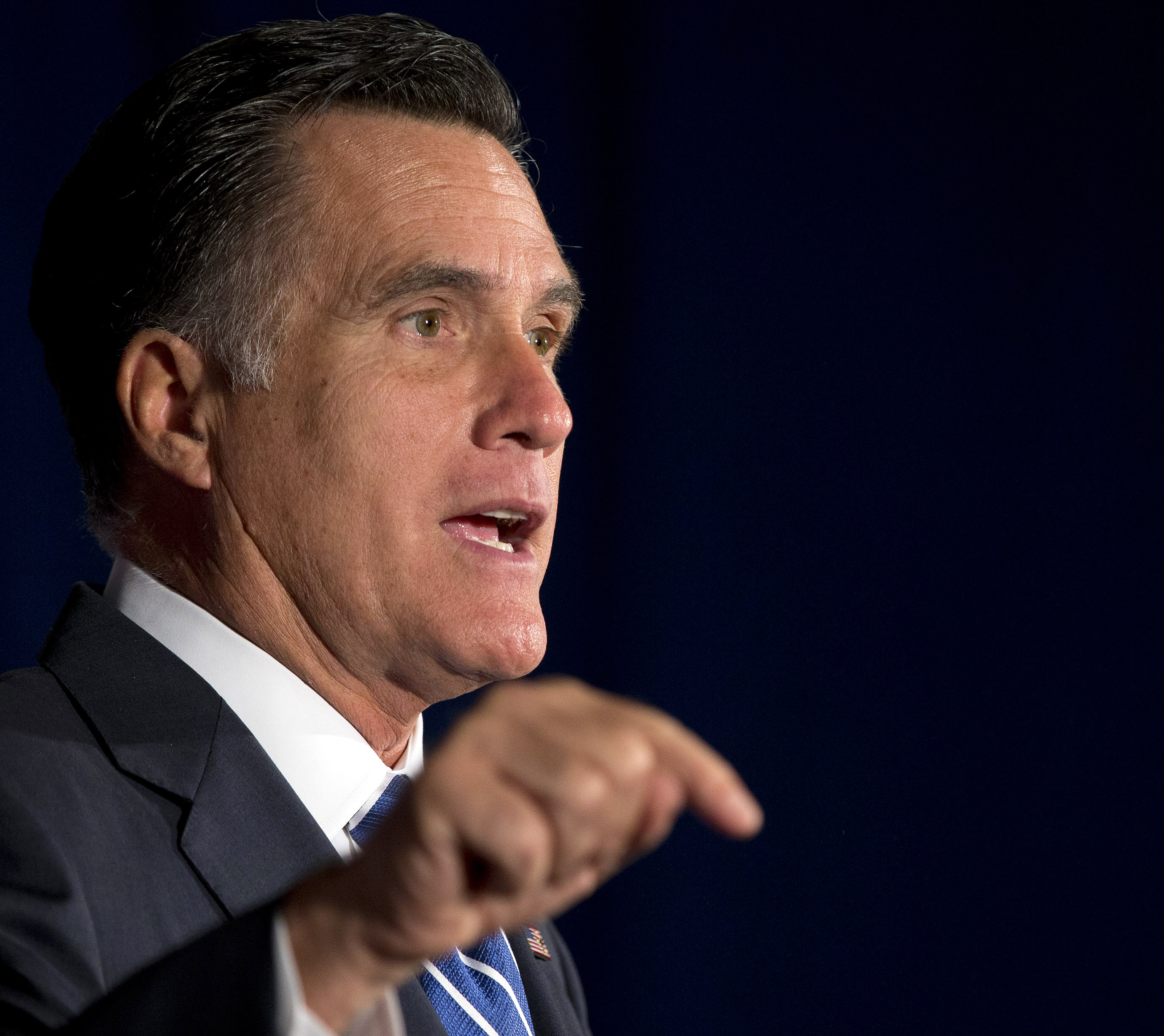 There must be something liberating about being able to conjure up your own reality whenever the objective facts don’t suit you. But it’s not healthy for our democracy.
There must be something liberating about being able to conjure up your own reality whenever the objective facts don’t suit you. But it’s not healthy for our democracy.
Perhaps one shouldn’t be surprised by a poll released yesterday that finds more than 7 in 10 GOP voters believing that the polls are being intentionally “skewed” to favor Obama — after all, a third of conservative Republicans believe that the president’s a Muslim .
The Hill :
Some 42 percent of voters surveyed by Daily Kos and SEIU believe pollsters are manipulating their sample sizes to benefit the incumbent president, while 40 percent do not. An additional 18 percent said they were not sure. That’s evidence that Republican claims that Democrats and minority voters are being oversampled in national polls could be resonating — and potentially undermining the momentum of the president’s early lead.
But Republicans are particularly likely to believe that the polls are unfair, reporting by a 71-13 percent margin that polls are biased against their candidate. Members of the Tea Party suspect intentional skewing by a remarkable 84-5 percent margin.
This is all based on the rather odd notion that pollsters weight their samples for party identification, which is nonsense — with a few exceptions, like the GOP-friendly Rasmussen, they adjust only for demographics, and they do that according to the census.
As polling guru Nate Silver explains:
Pollsters, at least if they are following the industry’s standard guidelines , do not choose how many Democrats, Republicans or independent voters to put into their samples — any more than they choose the number of voters for Mr. Obama or Mitt Romney. Instead, this is determined by the responses of the voters that they reach after calling random numbers from telephone directories or registered voter lists…
Party identification is not a hard-and-fast demographic characteristic like race, age or gender. Instead, it can change in reaction to news and political events from the party conventions to the Sept. 11 attacks. Since changes in public opinion are precisely what polls are trying to measure, it would defeat the purpose of conducting a survey if pollsters insisted that they knew what it was ahead of time.
Here’s the deal: “independents” are the largest group of self-identified voters today. But there are very few genuine independents — most lean towards one major party or the other. So, voters’ partisan self-identification is a proxy for their enthusiasm — when a party has a strong candidate and a solid platform, the number of people who identify with that party rises, and when they have an awful candidate it falls. And here’s the reality of partisan ID today, courtesy of TPM:
Josh Marshall concludes, “the decisive move seems to be an exit from the GOP to the right,” but it could also be a result of voters fleeing the party’s extremism.
Whatever the case, this ridiculous polling narrative plays well with a party that sees itself as perennially victimized. In the real world, Nate Silver demonstrates that pollsters can be effectively “biased” against one party or another, but there’s no consistent pattern of bias in either party’s direction. It comes down to honest methodological errors, not any intent to shape an alternative reality. That, apparently, is the job of the right-wing media.

